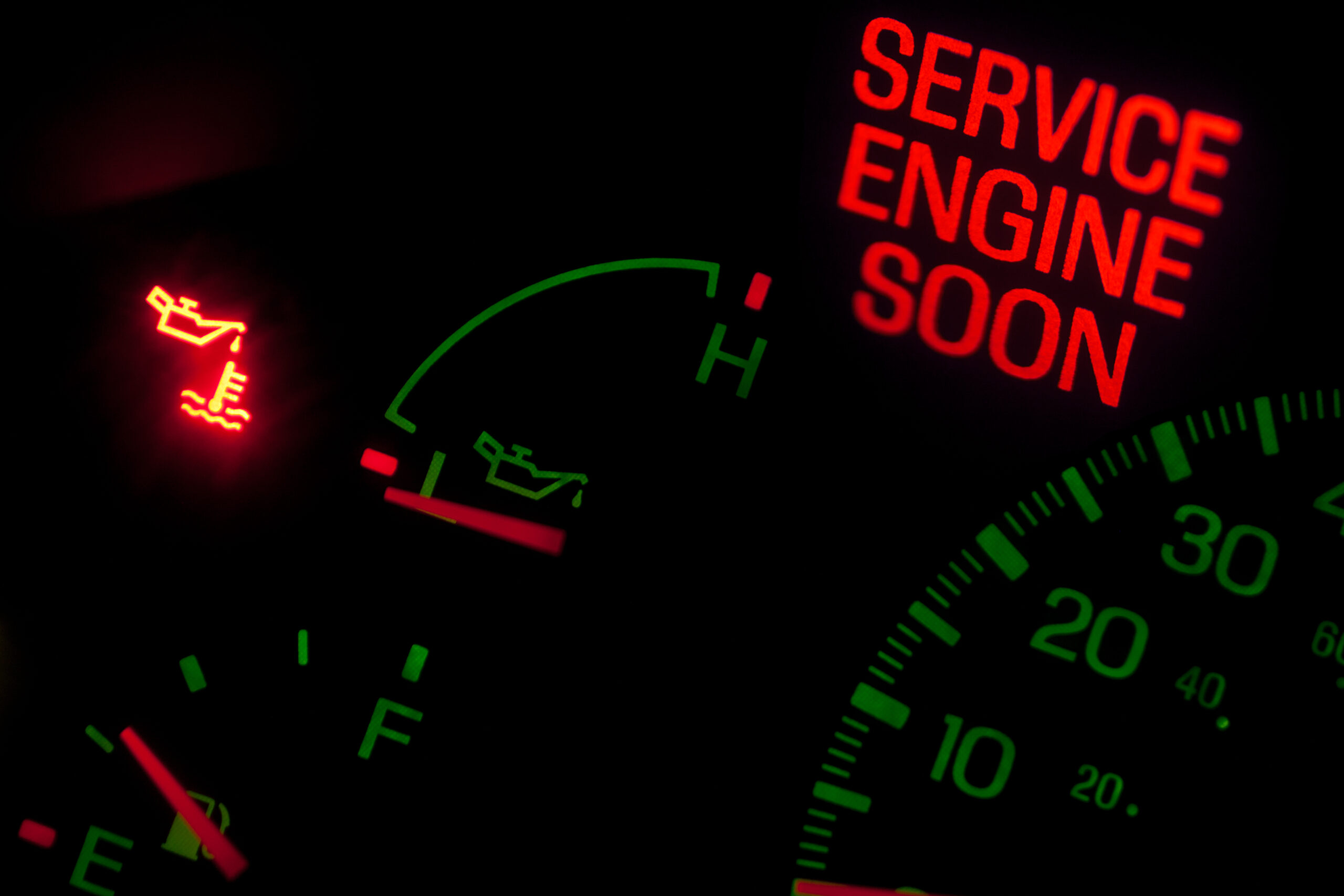
Sometimes I just feel lazy. Do you feel that way sometimes? High performers want to feel productive all the time, so we tend to fight that urge to be lazy. Our workaholic American society frowns on laziness, and we never want to get a reputation for being lazy.
Laziness is when you have the tools, energy, and resources to do whatever you want or need to do, but you just don’t feel like doing anything, so you end up just sitting around all day long. That long to-do list is in the back of your mind, but those tasks just don’t feel worth doing.
Now, there are two possibilities here. Sometimes, people really are lazy! They aren’t just taking a breather or stepping back from the busy pace of life to re-energize themselves. Some people really do succumb to laziness, whether for a brief time or longer. But in other cases, laziness is simply a mindset, not a physical reality.
Self-awareness is key here. If you take a close look at what’s happening, chances are, you aren’t being lazy at all. It’s highly likely that you simply need a break from your constant push toward being productive and being all things to everyone around you.
As high performers, we tend to be hard on ourselves. I encourage you to give yourself a break. When you feel unmotivated and need to step back from the hustle and bustle for a while, it’s OK. That’s perfectly normal. That’s your mind and body signaling you that you need to take care of yourself. If you ignore those signals, you could end up burning yourself out.
Devon Price, author of Laziness Does Not Exist, says that often, when we think we’re being lazy, we need to, instead, embrace what our bodies are telling us and accept that it’s OK to relax and be lazy sometimes. Price recommends that we “embrace ideas of solitude and savor the importance of life experiences.”
Rather than a sign of inefficiency and unproductivity, some experts say laziness is often the result of smart work freeing up time for well-deserved idleness. Furthermore, laziness can be the trigger for smart work in and of itself.
Many of my friends are, at one time or another, attempting to lose weight. They pick a goal weight and start eating differently and exercising more. Many of them start working with personal trainers. And every time they get on the scale, if they’re not at that goal weight, they feel defeated. They feel like they’ve failed themselves. They feel uncomfortable and chide themselves for being fat.
This is one of the most common struggles among people in our society. They are constantly striving and constantly beating themselves up for not making more progress. They tell their trainers, “I’m not losing any weight.”
And the trainer says, “Well, muscle weighs more than fat.”
The battle continues, and people make little progress. The longer this goes on, the more they berate themselves. Every time they step on the scale, they are assessing themselves — usually too harshly. The truth is, they are overthinking the reality of the situation and being too self-critical.
It’s the same with perceived laziness. When busy, typically productive high performers take a moment to breathe and relax, many times they are thinking, “I’m lazy.” It’s a negative mindset.
So, how do you solve this tendency to judge yourself too harshly? Here are three strategies that have worked for me.
1. Maintain discipline
Let’s say you aren’t just taking a break from your busy schedule. You have become bona fide lazy! What can you do about it? First, exercise discipline.
If you’ve fallen into the laziness habit, you can get yourself out of it by replacing that negative habit of avoiding your responsibilities with the positive habit of achieving a minimum standard of productivity. Once you exercise discipline enough, over time, it becomes easier to make that positive habit a part of your routine. Building, and maintaining positive habits is a key to sustained success.
I’ll use a vacation as an example. I go on vacation with my family all the time. And during that time away from work, I don’t want to do anything. I just want to take a break. I want to breathe, I want to relax. We just went to Spain. I walked 18,000 to 20,000 steps each day, I walked so much that didn’t need to go to the gym in the morning. I felt good. But there are times when we go to the Caribbean, and I sit around all day on a beautiful beach. I watch the sunrise and the sunset. I have lots of drinks in between, and I fill my belly with food. And I feel lazy all week.
When we get back home and that first Monday comes, I have a choice. Do I go to the gym and keep my regular schedule? Do I discipline myself to keep my workout habit? Or do I continue my vacation mindset and skip the gym?
We all face these choices every day. Sometimes we make the right choice, and sometimes we don’t. Many times, I’ve come back from vacation and told myself, “I’m going to give myself another week off. My body needs it.” So I start making excuses. I get out of the discipline habit, off my schedule and off my normal routine. And I start to get lazy. At that point, laziness becomes real and true to me because now, one week turns into two or three weeks. And before I know it, I’ve lost forward momentum completely, and I’m out of the habit of taking care of myself. Now I’ve actually defeated myself in a way that I never intended — all because I didn’t keep the discipline.
We have to stop and ask ourselves, “Am I really being lazy here, or do I just need a breather? Am I taking a couple of hours to regroup, or am I in day ten of doing absolutely nothing?” That’s the self-assessment, the evaluation.
- When was the last time you felt like doing nothing? How long did you allow yourself to step back and take a break?
- Have you ever succumbed to actual laziness? How do you tell the difference? What have you done to get back on track? What type of discipline do you engage in to resume your high level of productivity?
2. Reboot
You use your phone all the time, and sometimes it gets overwhelmed. You have too many screens open, too many pages, too many texts. Everything’s coming in, and the phone just freezes because it can’t do anymore. It needs to be rebooted or reset. Every computer has a moment where it needs to be rebooted.
We’re the same way. We become overwhelmed. To resume our full strength again, we have to reboot.
A reboot can mean taking a moment, a brief pause, to reprioritize your tasks, figure out what can wait and what can’t, delegate something to someone else, and figure out what you need at that moment to regain your strength and momentum. Or a reboot can be an entire day off to recenter yourself. You are the only one who knows what type of reboot you need at any given time.
Regardless of how brief or extended your reboot is, you will feel better. Once you regroup and reassess, discipline becomes easier. Your stress subsides. When you’re in a rut, you cannot get out of it by continuing to step on the gas. You have to stop, reassess and determine your next best step.
- How often do you reboot? Do you tend to take brief moments throughout the day to regain your energy and focus, or do you find more benefit in scheduling a vacation?
- When your stress level increases, what do you do to relieve it? What can you do more of to ease your stress?
- Do you tend to judge yourself harshly when you take a much-needed break? I encourage you to avoid that. Know that taking a breather is an important part of your self-care.
3. Look at your life from the 30,000-foot view
As high performers, we get so involved and so busy that we often lose sight of the big picture. When that happens, we have to step back and look at the 30,000-foot view. The treetop view. The bird’s-eye view. This is really important as leaders. If we get too deep into the weeds, we can lose sight of what we are trying to accomplish overall.
When you step back and look at the 30,000-foot view, not only are you prioritizing what’s most important at that moment; you’re also evaluating what’s to come in the future. This is incredibly important to staying agile and being prepared to react to the changes that happen in our environment when we least expect them.
The 30,000-foot view clarifies what you need to be focusing on.
As a LIFE Optimization specialist, I always encourage high performers to focus on LIFE — love, impact, faith and energy. We all can make a greater impact when we focus on these four critical components of our lives. We can become lazy in all these areas, without even realizing it. When I am evaluating those four parts of life, I often realize that I’m being lazy in one area and overactive and another. When I step back and look at that 30,000-foot view, It helps me prioritize what needs to come next.
- When you look at the four most important components of your LIFE (love, impact, faith and energy) right now, which area is somewhat neglected? What can you do to place more focus on that part of your life?
- Look at your life from the 30,000-foot view. What do you see that you could not see when you were focused on the minutiae, the details? What needs to change?
If it’s a sprint, then I prepare myself for the sprint — a brief but intense effort. And in that case, maybe I don’t need to shake up too many things. But if what’s coming next is a marathon, then I need to prepare for that. If I’m going to travel for work for a couple of weeks, I know I need to spend some time with my family and get them ready for my being gone. So I need to invest more time and effort in the people I love most.
Taking the 30,000-foot view allows you to see things more clearly — and it helps you shake the laziness out of your life.
________
Give yourself grace. Know that it’s OK to take some breaks. Just don’t let them become the norm. You know you’re better than that, and you have the tools to succeed at the level you want.
If you follow these three simple strategies, you will never feel lazy again!


